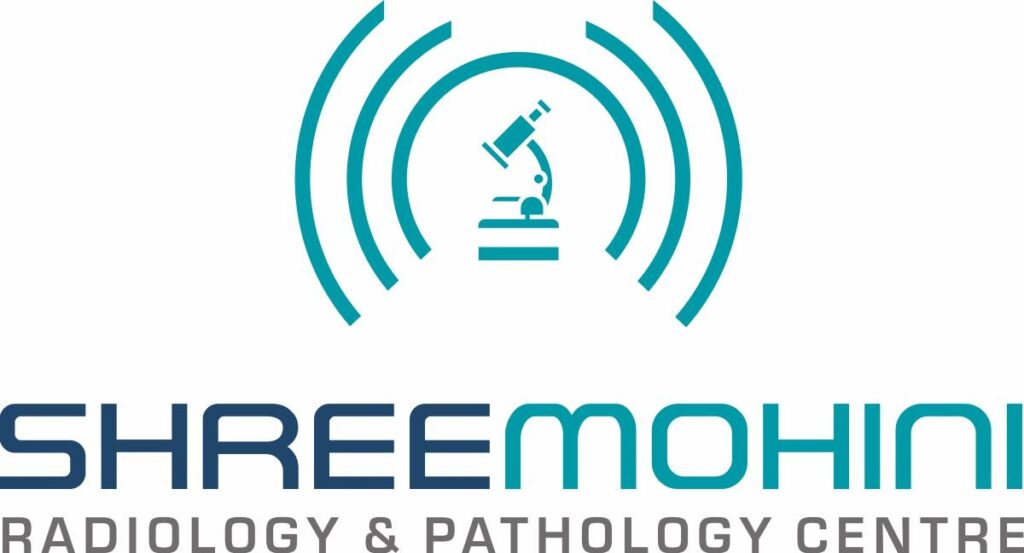Every new beginning comes with a set of challenges and responsibilities. Bringing a newborn into the world involves embracing the role of safeguarding their health and well-being. Newborn screening becomes an invaluable tool in this mission. It’s a process that enhances our capacity to look after our little ones from the very start. But what are the essentials of newborn screening, and why is it so critical? This blog dives into the layers of this compelling health measure, aiming to inform and reassure parents on its significance.
Understanding Newborn Screening: An Essential Introduction
Newborn screening acts like a guardian for infants everywhere. Imagine spotting health issues early before they even show up. Newborn screening offers parents that chance to catch things on time and avoid future problems. This step helps make sure our babies get the care they need right away.
Parents play a significant role in making newborn screening successful. Informed parents support these programs and push for their use effectively. When they know about the screenings’ importance, they advocate strongly at birth centers for such measures. They also keep up with healthcare updates to ensure their baby gets necessary care.
What Exactly is Newborn Screening?
Newborn screening checks for conditions not visible at birth. It started in the 1960s most known for phenylketonuria. Screening tests have grown over the years to include many genetic issues. This change shows how healthcare works hard to keep babies healthy.

Doctors perform newborn screenings within four days of birth. There are three main parts:
- Heel Prick Test: Blood is taken quickly from the baby’s heel. Doctors look for certain disorders in this blood sample.
- Hearing Test: This test checks if the baby might have hearing problems.
- Pulse Oximetry Screening: This test finds heart defects by measuring oxygen in the blood.
These simple yet detailed tests help make sure that infants get off to a healthy start.
It’s important these tests happen early, usually two to four days after birth. Doing them early ensures results are accurate and any health steps can be planned quickly. These early actions help keep newborns healthy right away.
The Importance of Early Detection Through Newborn Screening
Spotting a health condition before it shows is truly beneficial. Newborn screening detects issues early, offering a head start on treatment. This forward-thinking process ensures babies get medical attention immediately. This approach protects newborns from complications they might face later if untreated.
When conditions are left unknown, they can lead to severe health challenges. Through newborn screening, quick detection helps lessen the dangers of metabolic and genetic issues. Prompt care can stop significant growth disadvantages, supporting a child’s best possible development.
Looking at it broadly, newborn screening results in significant savings. Addressing illnesses early is often cheaper than treating advanced problems. Actively handling health at this stage eases future medical costs for both families and healthcare systems immensely.
Step-by-Step Guide: How Newborn Screening is Conducted
Each part of the newborn screening process is clear and accurate:
- Blood Test: A tiny blood sample is taken from the baby’s heel.
- Hearing Test: Soft sounds are played, and baby’s reactions are noted.
- Oximetry: Sensors lightly placed on baby’s skin check oxygen in blood.
These steps show the overall health of your little one.
Parents, rest easy knowing newborn screenings are very safe. The procedures cause little distress. The quick heel prick isn’t enjoyed, but it’s crucial for their well-being.
Tests like the hearing and oximetry ones don’t hurt the baby. They’re gentle checks that give important information, guiding if more checks are needed. The simplicity of these tests highlights their necessity.
Positive Outcomes After Newborn Screening: What to Expect
Receiving news of a ‘presumptive positive’ result can feel overwhelming. It does not mean a confirmed issue but needs further tests. Knowing this helps parents get ready for the next steps. Confirmatory tests matter for giving clearer answers.
After getting a result from newborn screening, seeing a specialist early is crucial. With quick action, your child’s health outlook can greatly improve. Working with specialists gives parents key advice on possible conditions.
Getting an abnormal result means staying calm and informed:
- Confirm details with your healthcare team without delay.
- Go to follow-up visits as soon as you can.
- Look for experts and join parent groups if possible.
Learning more makes parents strong partners in their child’s health.”
Empowering Parents: Taking Proactive Steps for Newborn Health
Parents can ensure newborn screening is in hospital plans by talking with their healthcare provider. Confirm that tests like hearing checks and metabolism screenings are part of the routine. Asking about these tests helps parents advocate for their baby’s health.

Following a newborn screening, it is essential for parents to check test outcomes. If results suggest potential problems, know that many cases have simple solutions. Keep your baby’s health record updated and seek expert advice when needed. Understanding screenings like CCHD through pulse checks ensures confident next steps.
Being aware empowers communities to support newborn metabolic screening awareness. Sharing what you know in local meetings or on social media can open access to more screening programs. Everyone’s voice can promote healthcare policies, helping all babies access these essential tests.
Conclusion: The Future of Newborn Screening in India
The importance of newborn screening cannot be overstated when it comes to ensuring infant health in India. By catching potential issues early on, we can apply timely solutions that aid in nurturing a healthy childhood for millions.
To guarantee equal health opportunities, nationwide awareness and easy approaches are vital. It’s essential to set up IE tests, checks for hearing, and various assessments throughout both urban and rural spots. A united effort from the government, health workers, and local groups can move this effort forward.
To pave the way for a brighter future for Indian babies, getting the public involved is absolutely essential. Spread the word regarding newborn screening opportunities, support initiatives that push for these vital services, and make sure every child has a chance at a good start. Let’s work together to create a healthier tomorrow.
Ensuring your baby’s health starts with early detection, and newborn screening is a crucial step in providing them with the best start in life. Dr. Vedika Agarwal at Shree Mohini Hospital is committed to providing comprehensive newborn screening services to help detect and address health conditions early.
Book an appointment today at Shree Mohini Hospital to learn more about the newborn screening tests available for your baby.
Take proactive steps for your baby’s health – schedule a screening now!

